Hiroyuki Yamanaka, a well–known producer from the Land of the Rising Sun, a representative of the prestigious Japanese corporation “NHK”, gave an interview exclusively to DimashNews, in which he spoke about creative trends in Asian countries, as well as how Japanese behavior and family values influence the country’s development.
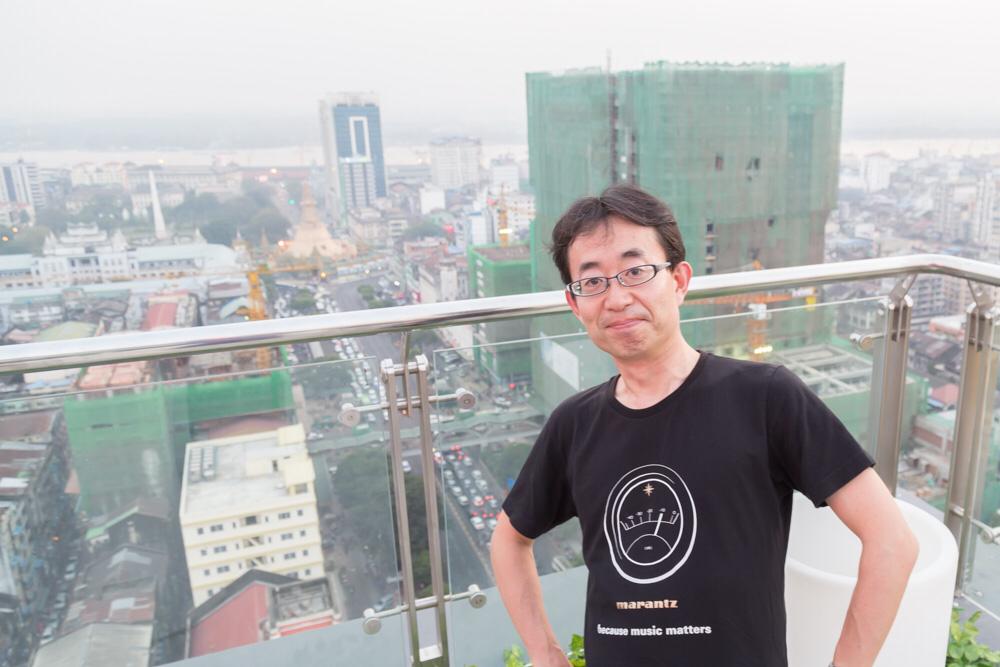
– Hello, Mr. Hiroyuki! Please tell us about your current activities, as well as about news in the creative field.
– Good day! Now I work as the main producer at «NHK» (Japan Broadcasting Corporation). I am engaged in producing musical programs with leading artists from both Asia and around the world, stage performances, and also organize music festivals.
It has been 30 years now since I started working in the entertainment sector at “NHK”. Not so long ago, we moved to the «NHK enterprise» and began to develop programs together with foreign countries.
This year, due to the coronavirus pandemic, some of our projects were suspended and some were postponed. For example, the Tokyo Jazz Festival, which was planned in May. We were looking forward to Dimash’s participation in the festival, but, unfortunately, due to forced quarantine, this turned out to be impossible. However, during one of our meetings, we suddenly got the idea to hold the festival online. As a result, we launched a live broadcast, which approximately lasted 7 hours. Dimash also took part in the online festival. The event, by the way, fell on his birthday, and we congratulated him on this wonderful holiday live. We are very grateful to Dimash, his father, director of “Dimash Ali Studio”, Kanat Aitbaev, fans and the entire singer’s team, thanks to whom this festival turned out to be so colorful and interesting.
If we talk about plans for the future, then we are slowly starting to prepare for the annual music festivals. For example, to the famous song festival “«ABU Song Festival», which will be held in Vietnam this year. Also, we need to plan an annual friendship concert to be held in Yangon, Myanmar’s largest city.
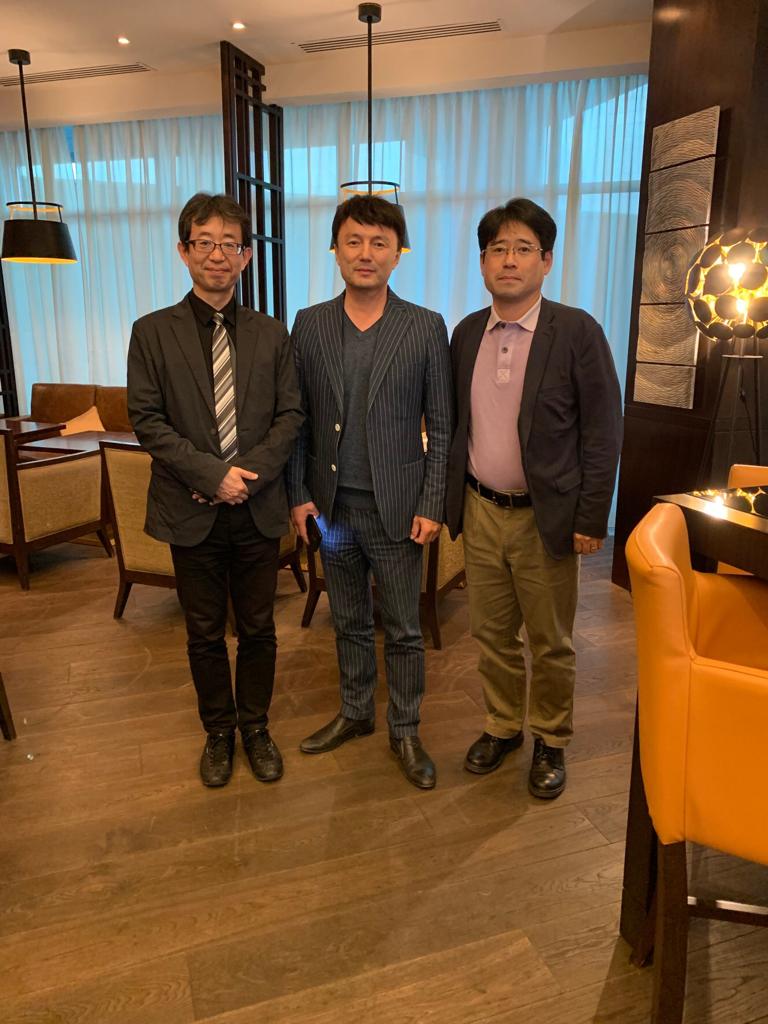
– Do you like show business and production activities? Which ones exactly?
– Probably, what I like most is that when you work in this area, you can feel the joy that you bring to your customers. I like to bring good music to the audience through the media or concerts. At concerts and music festivals you can be overwhelmed by a sense of unity, both with the artist and with other fans, bringing incredible sensations. I really love these moments. Also, I like it when artists arrange collaborations with each other. For the viewer, the combined work of artists is always very interesting. For example, Japanese singer Ayaka Hirahara and her colleague from Myanmar, Vin Morisaki, sang the song «MOSHIMO» together. This song was leading Myanmar’s music charts for 3 consecutive weeks and was in the top ten for 14 weeks. In February this year, at the Festival of Culture of Japan and Myanmar, thousands of people sang this song in unison. And it was really exciting.
– And how is Japanese show business different from other Asian countries?
– With the advent of the Internet, the information field has increased, and now the whole world can receive an equal amount of information. That’s why, for example, 20 years ago, Japanese show business was not as noticeable to the world as it is now. However, I would like to note one feature. The entire Asian music business was created over the Internet, such as the system of paid subscriptions, which has always been the main model of doing business in the entertainment sector. In Japan, tangible goods such as music discs are still sold and sought after in the market. In the ranking of sales of music albums, the United States takes first place, and Japan – second. It is in these countries that the concept of “listening to music for a fee” was formed.
Later on, a new model of doing business through concerts was introduced. And, in comparison with other countries, Japan always allocated more time for preparation and rehearsals, creating high–quality stage productions. The culture of “idols”, which is now so widespread in Asia, originated from Japan during the 70s and 80s. Also, in Japan there are admirers of many different musical genres, such as classic, jazz, folk, pop, and rock.
– Do you think you can afford to introduce the history and culture of Japan to the Chinese people?
– For 25 years, I have been trying to introduce the Chinese to Japanese culture in the music show business through television programs, concerts and the Internet. Thanks to the World Wide Web, now the youth of China finds the latest information, related to Japanese animationf or example. Thus, more and more people are becoming acquainted with Japanese culture. In 2010, when Japanese animators performed at the Shanghai Anime Festival, 90% of the Chinese audience understood Japanese. I think that now the situation has changed, compared to earlier years in 1990–2000. Recently, Japanese singers gave a concert in China and began selling their music works over the Internet. Currently, not only Japanese music is popular in the Chinese market, but also films and books.
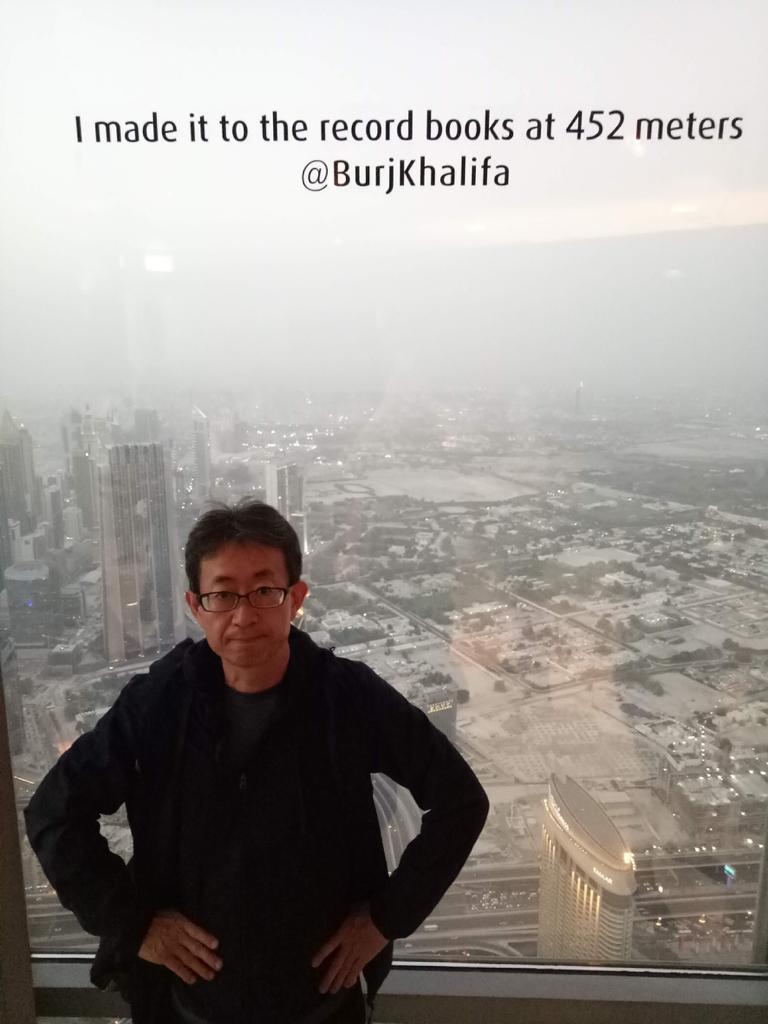
– Mr. Hiroyuki, how is the Chinese audience participation in Japanese content?
– In the 1970s and 1980s, China was importing foreign content. Then Japanese films and series were given special attention. However, after China began acquiring content from Hong Kong, Taiwan, Korea, and the United States, demand for Japanese content declined. Now, the number of fans of Japanese content among the Chinese population is growing, and Japanese stars hold their concerts in China. Currently, Japanese culture, books, films, manga and anime are very highly valued there.
– “And what qualities” are necessary for journalists and producers to possess in order to work on such large projects as yours? Do you have any specific requirements?
– There are no specific requirements. Each project is different. The most important thing is to create conditions for a successful start of the project. Further, I personally try to select the colleagues I most need for the project and use their energy efficiently. If I start working with an artist, I try to work only with those I like because it’s impossible to praise an artist that you know nothing about. In such cases, you cannot trust that your project will turn out good.
– How do the stars of Japanese show business live during this quarantine period? How are things with their work?
– After a state of emergency was declared in Japan, there was a ban on events such as concerts. Now most musicians and singers take part in remote formats of the show. Many concert organizers went bankrupt after quarantine.
– Are there any positive aspects of quarantine for your production work?
– Since many of our projects were suspended and postponed, the situation only got worse. The only plus that I can single out is that we realized that an event such as the Tokyo Jazz Festival can also be held online.
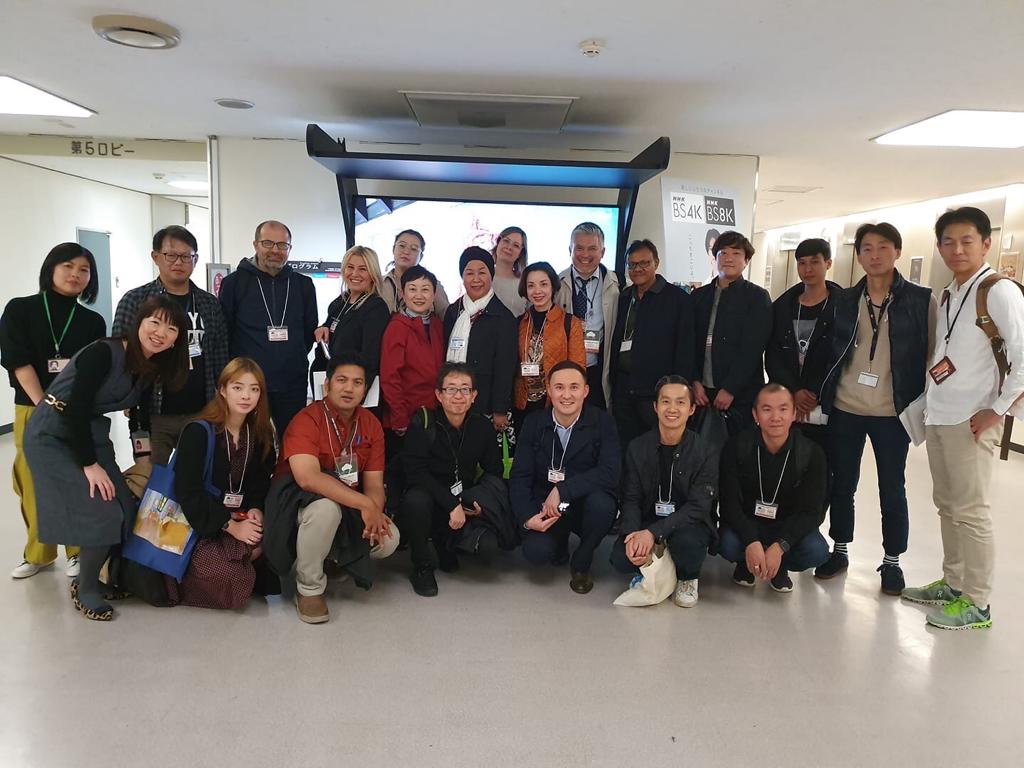
– Can you talk about any interesting features of the Japanese people?
– I think that now, after the lapse of time, the features and behavior of Japanese people have changed somewhat. People from other countries call the Japanese “honest and disciplined.” I believe that our drawback is that we are a bit petty and formalists, but we love and appreciate the beauty of nature and aesthetics.
– Mr. Hiroyuki, what is a “family” for the Japanese?” How do you understand the phrase “family values”?
– About 70 years ago, Japanese lived in large families that included 3–4 generations. Over time, such families began to thin out, and it became more common to meet a married couple with one or two children. And the very concept of family has since changed a lot. But be that as it may, at any point in time the relationship between husband and wife, parents and children, brothers and sisters will be important. Living together and heartfelt family conversations at dinner are the most important moral support for any person.
– In your opinion, how much does Japanese culture and history influence people’s behavior?
– A rather difficult question. I think that the culture and history of Japan is closely related to its location. The climate is warm, the nature is amazing, which gives a fairly positive mood. Once in Japan, special attention was paid to work and knowledge. Now the behavior of people and their attitude to many things have changed somewhat.
– Now Japan is an economically developed state. Do you think this was facilitated by human behavior?
– Yes, I think it is.
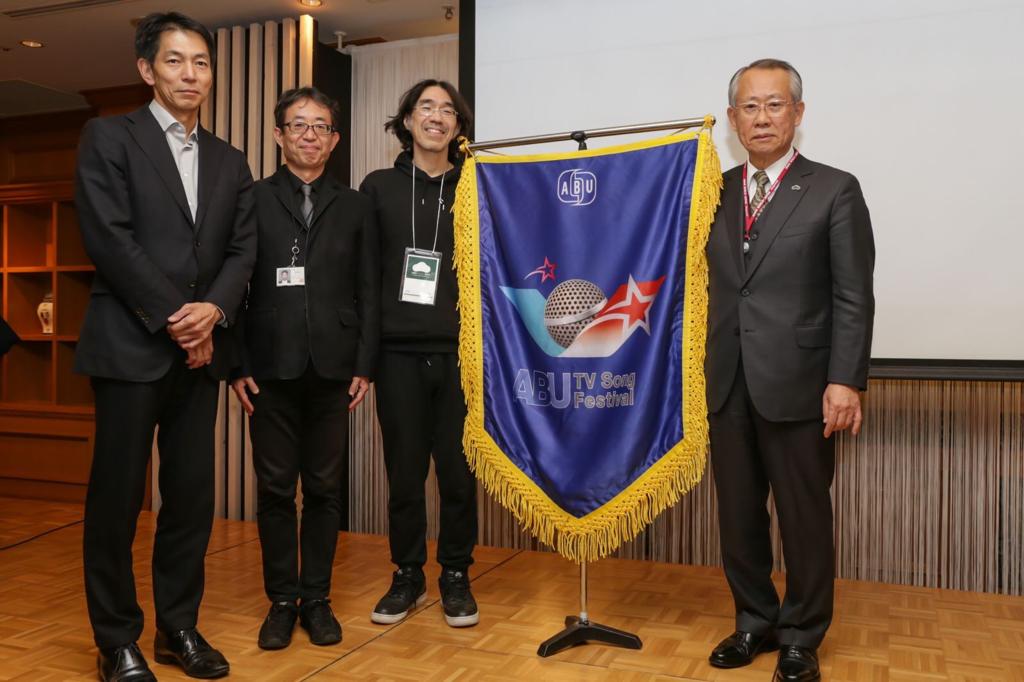
– How many times have you been to Kazakhstan? What can you say about our country? What are your impressions?
– The first time I visited Kazakhstan in 2019, I visited the capital Nur–Sultan. I have always been very interested in the culture of Central Asia. At the ABU song festival, I always dreamt of listening to Kazakh singers, and watching tourist videos about the country. Nur Sultan is a stunningly beautiful city, which I fell in love with at first sight. Kazakh dishes of horse meat and lamb were very tasty, and the hospitality of people touched me to the core. Also, I can not help but talk about the architecture of the city. The buildings are very beautiful and modern. And when I found out that Nur–Sultan was designed by the famous Japanese architect Kisho Kurokawa, I felt close. Next time I dream to visit Almaty.
– You launched a major project on jazz music, and this year, due to quarantine, you conducted it online. Do you think this format is more successful, or is it still better to get everyone together in the open?
– This year, the Tokyo Jazz Festival turns 19 years old. Unfortunately, this year it did not work out the way we did it usually. Quarantine hit us quite hard, but we did not despair. Over the course of a month, we have been considering the option of holding the festival online — coordinating this idea with sponsors. We gathered in the studio only on the day of the broadcast, and it was the first time that some colleagues met each other live. This year we managed to invite world–famous artists to the Tokyo Jazz Festival and present a world–class program. And if every year the festival gathered about 12,000 spectators, then this time the number of spectators on the YouTube channel reached 100,000 people.
– How does the Japanese public relate to the work of Dimash? When you first met his work, what emotions did you feel?
– I heard Dimash singing for the first time in 2015 at the «ABU Song Festival» in Istanbul. I was very impressed to hear his voice at the concert. The performance and presentation of the artist were great. I was struck by the fact that there is such a young talented singer in the world. Then Dimash sang a folk song “Daididau” at this festival. In this song, thanks to his performance, the whole unique history and culture of Kazakhstan was reflected. Later I was very happy when I found out that Dimash will participate in the “I am Singer” contest on the Chinese Hunan TV channel. In 2019, the «ABU Song Festival» festival was held in Tokyo, and as a producer, I chose the strongest artists in Asia to participate. The first one that crossed my mind was Dimash. I contacted the leadership of the Kazakhstan television channel, and later met with the singer himself. And when I visited Dimash’s ARNAU concert in Kazakhstan, I thought that I just needed to convince him to agree to participate in the «ABU Song Festival». And so, in November 2019, Dimash’s performance on the festival stage took place. As soon as the president of the NHK company heard Dimash’s voice, he immediately became his fan. Thus, he was invited to the Tokyo Jazz Festival.
On “Tokyo Jazz Festival + LIVE STREAM” Dimash sang the song “Samaltau”. After that, interest in the singer in Japan increased significantly. TV channels, one by one, began to invite Dimash to their programs and requested an interview.
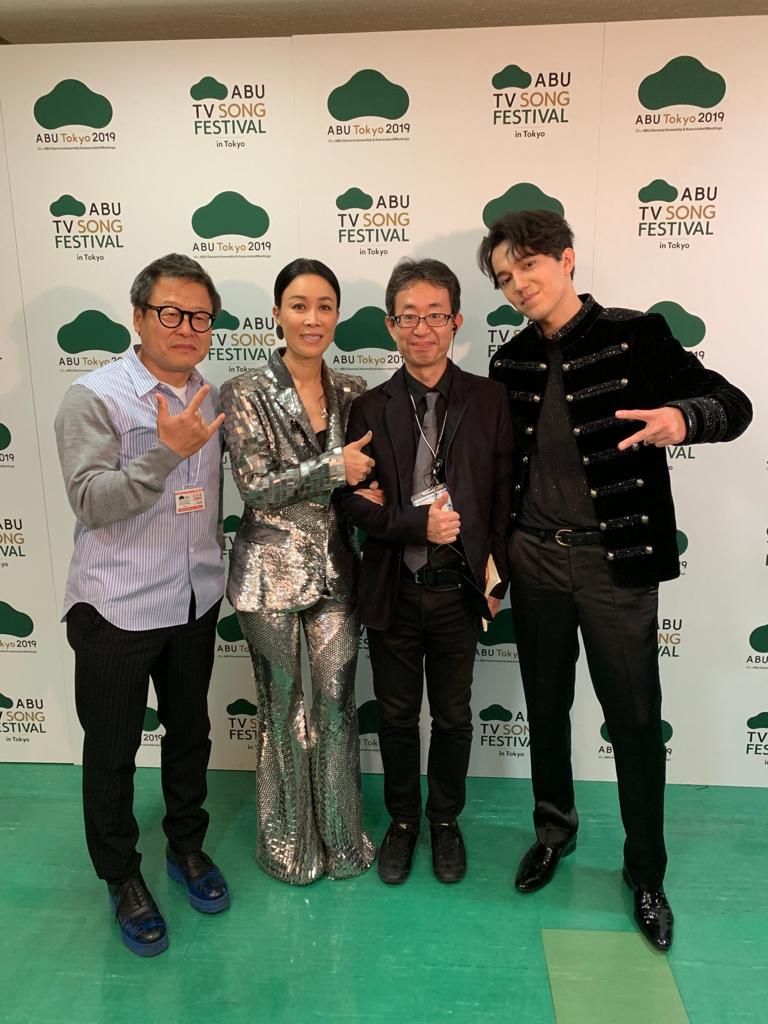
– Soon a manga will be released about Dimash, where he will act as the main character. Do you like manga? Would you be interested in reading the manga featuring Dimash?
– Yes, I really like manga. Now I am in the process of reading several books. And one of my friends is the famous manga editor in Japan. We often talk about it. Of course, I’m very interested to know more about the Manga featuring Dimash as leading role. I would like to read it as soon as possible!
– Mr. Hiroyuki, thank you very much for your time and fascinating conversation!
Career:
1995: A joint project with the Chinese television channel CCTV “Asia Live” (director)
2004: A joint program with the Chinese television channel CCTV “New Silk Road” (producer)
2005: A concert program dedicated to the Year of Friendship between Japan and Korea, a joint project with MBC (executive producer)
2006–2011: The weekly Japan Musical Legends program, representing Japan’s music and show business in China and Taiwan (CEO)
2007: A concert program dedicated to the 40th anniversary of the establishment of diplomatic relations between Japan and China. Joint project with the Chinese television channel CCTV (producer)
2008: Friendship Concert of Japan and Brazil (producer)
2010: Japanese concert at the Expo in Shanghai (chief director) Weekly show “Tokyo Fashion” (chief director) International Committee «ABU Song Festival» (start–up producer) “Tokyo Jazz Festival” (producer)
(Many thanks to Mr. Shigenobu Masujima for helping prepare the interview!)
Translation by Ghada


